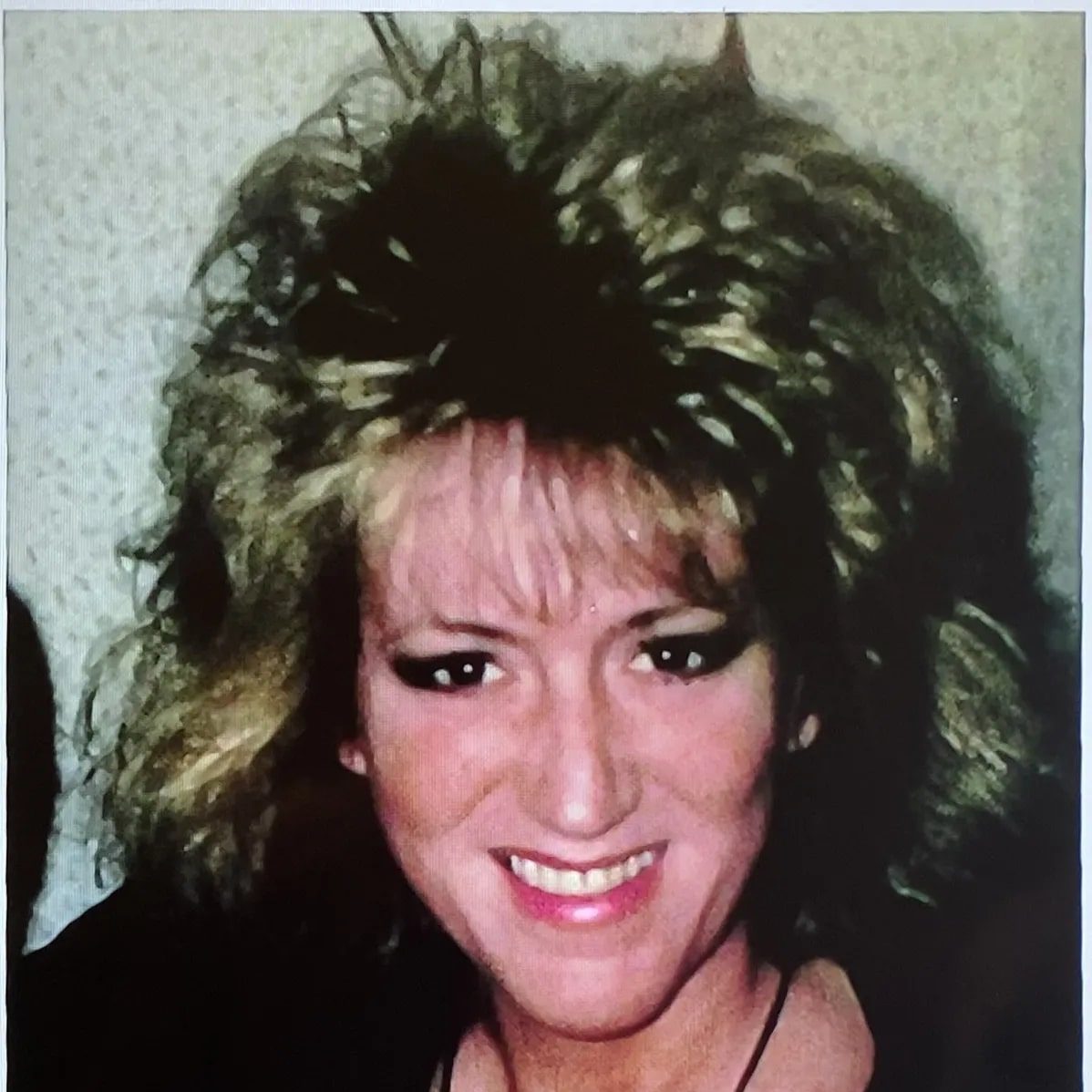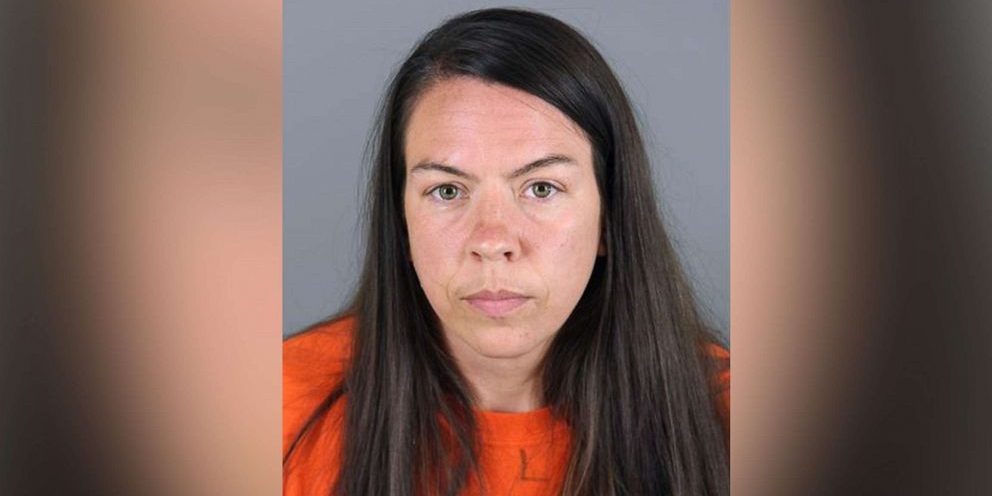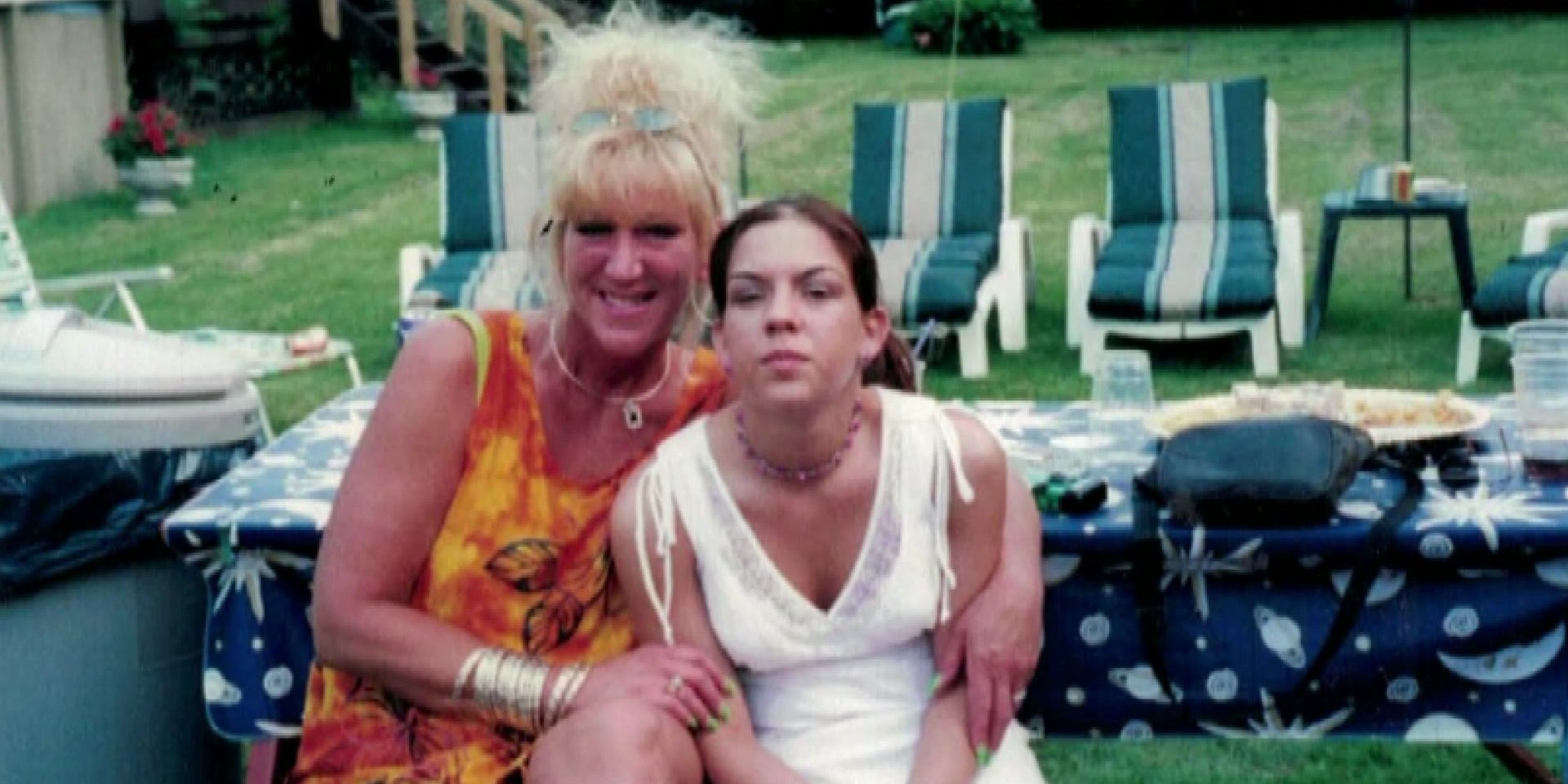62-year-old Lynn Hernan was a woman of the world who enjoyed entertaining her friends and showcasing her warmth through cooking for them. Having forged her path in life as a hairstylist, her sudden death in her apartment raised suspicions. Initially presumed to be a suicide, forensic findings prompted an investigation into her death as a potential homicide. In CBS’ ’48 Hours’ episode ‘Death by Eye Drops,’ the circumstances around her death become more apparent, and the identity of her killer has been released.
Lynn Hernan’s Death Was Initially Assumed to be a Suicide
Lynn Anne Hernan was born in Madison, Wisconsin, on June 26, 1956, to parents Bob and Lorraine Hernan. Raised in a supportive environment, Lynn was encouraged to be independent and self-reliant from a young age. With her parents’ backing, she pursued her aspirations of becoming a hairstylist after graduating from LaFollette High School. Determined to carve her path, Lynn left Madison and began working towards her career in hairstyling.

Having established a successful career for herself, Lynn Hernan found herself inheriting a substantial sum of money following the passing of her parents. With a penchant for travel and a fondness for sunny destinations by the water, Lynn settled in Pewaukee, Wisconsin, where she regularly welcomed friends into her home. Together, they enjoyed watching black-and-white movies and sharing cheerful moments. Lynn faced some health challenges as she aged but was fortunate to have caring individuals around her who provided support and assistance.
On October 3, 2018, Lynn’s friend, Jessy Kurczewski, contacted the police after discovering that the 62-year-old was unresponsive. Upon arrival, the police found Lynn lying in her living room recliner with a table nearby. The table was cluttered with various medications, including over-the-counter drugs like eye drops and nasal drops that Lynn occasionally used. Additionally, there was evidence of crushed medication on her chest. Given the circumstances surrounding her death, the police initially concluded that it was a drug overdose and proceeded to send her body for forensic examination.
When the coroner’s report was received three months later, it revealed that Lynn had succumbed to a fatal dose of tetrahydrozoline, a substance commonly found in eye drops such as Visine. This unexpected finding prompted the police to reconsider their initial assessment, and Lynn’s death was officially classified as a homicide resulting from poisoning.
Lynn Hernan’s Killer Poisoned Her For Money
When the police began suspecting that Lynn Hernan may have been poisoned, their initial focus turned to Jessy Kurczewski, who had discovered Lynn’s body. During questioning, Jessy suggested that Lynn may have been suicidal due to her deteriorating health condition, claiming that Lynn had confided in her about experiencing depressive thoughts. Jessy also disclosed that Lynn had a habit of mixing Visine eye drops into vodka and consuming the mixture. As the police continued their investigation into Lynn Hernan’s death, they interviewed other friends who revealed that Jessy had developed a particularly close relationship with Lynn in recent years.

They revealed that the two were close to the extent that Lynn had named Jessy as a beneficiary in her will. This revelation prompted the police to scrutinize Jessy more closely. An examination of Jessy’s bank records revealed multiple large transfers from Lynn’s account to hers, casting suspicion on her motives. The authorities investigated Lynn’s credit cards and discovered they were maxed out posthumously, severely impacting her credit score. Approximately $290,000 had been withdrawn from her accounts. Suspicions intensified towards Jessy, especially after finding internet searches about tetrahydrozoline effects and her expensive post-Lynn’s death Las Vegas trip.
During questioning, Jessy admitted to giving Lynn a water bottle filled with Visine but claimed Lynn requested it and assured her it was safe due to Lynn’s alleged frequent use. In 2023, the prosecutors constructed their case around the notion that Jessy harbored a motive to harm Lynn and had begun executing her plan following Lynn’s death. They argued that Jessy had intentionally cultivated a friendship with Lynn to access her wealth. Highlighting the substantial sums of money the latter had transferred to Jessy, even while she was alive, the prosecution contended that she had placed immense trust in Jessy, treating her almost like a daughter, only to be ultimately betrayed.
In her defense, Jessy maintained that the money she had received from Lynn was given willingly and that Lynn had chosen to provide for her in her will. Furthermore, Jessy’s defense argued that Lynn’s death was not solely attributed to the tetrahydrozoline, as other medications in her system could have potentially interacted with and contributed to her demise. She maintained her innocence throughout the trial. Despite these arguments, after the trial, 39-year-old Jessy was found guilty not only of first-degree intentional homicide but also of two counts of theft.
Read More: Egypt Covington: How Did She Die? Who Killed Her?


You must be logged in to post a comment.